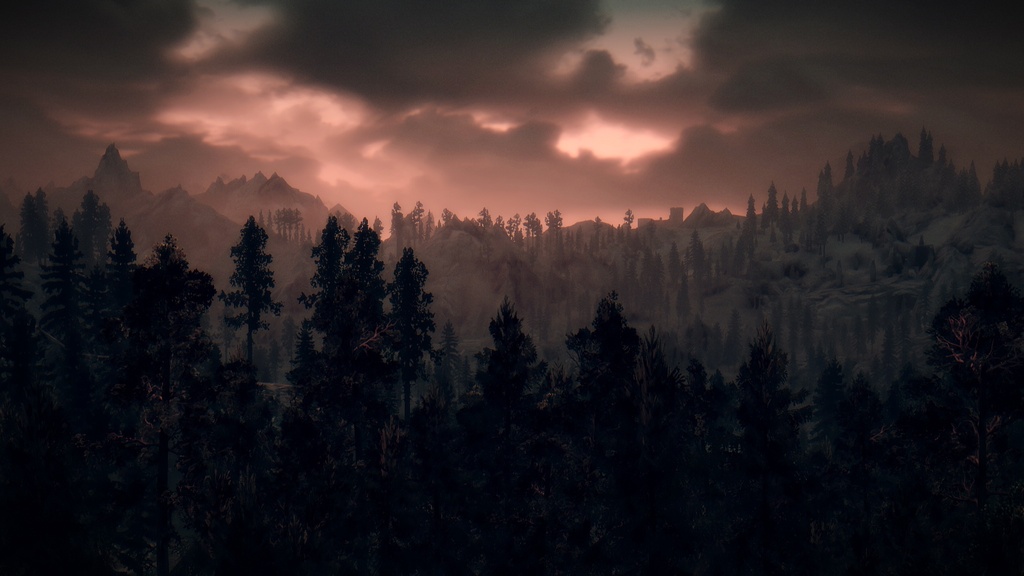
The Future Belongs to the Kingdom of God
The hypocritical face of humanism has been exposed; its failures have produced its death-throes that we now see. The judgment of God is removing those things that must be shaken out so that those things which cannot be shaken might remain (Heb. 12:26-27).

- Mark R. Rushdoony
At the end of May, two new
books by my father arrived from the printers on the same day. Sermons in I-II Corinthians and Sermons in Zephaniah, Haggai, & Zechariah, are finally available.
I would like to mention an observation my father made in the last chapter of the latter. The context was the coming judgment on Israel. The “coming” of the Lord, the “day of the Lord,” or “that day” are frequent themes in the prophets. They do not refer to the end of history but a time of judgment when God causes a “full stop” to man’s pretentions. Such a “day of the Lord” had occurred when Jerusalem was destroyed by the Babylonians. Now, Zechariah was speaking of yet another time of judgment. It would be a fearful time, one of great uncertainty (Zech. 14:5-6). Yet, a great comfort was given, that after “that day” (v. 4) of the Lord’s judgment, “at evening time it shall be light” (v. 7).
We have a modern expression: light at the end of the tunnel. This is what the prophet Zechariah was promising. The judgment was not the end, but rather a means of restoration. What came with the light prophesied? His very next words were a reference to the vision of Ezekiel (chap. 47:1-12) of water flowing from the altar that became a river no man could ford, that produced life and growth wherever it flowed.
The picture of both Zechariah and his predecessor Ezekiel is one of the Kingdom of God flowing from the altar of Calvary. The growth of Christian faith and practice in the past is part of that flow of “living waters” (v. 8). The present-day church is in the midst of that enlarging flow, and the future which is beyond our view will see its growth in breadth and depth.
The hypocritical face of humanism has been exposed; its failures have produced its death-throes that we now see. The judgment of God is removing those things that must be shaken out so that those things which cannot be shaken might remain (Heb. 12:26-27). It is a sad commentary on the church that it focuses on what is being removed rather than what remains. After judgment, life will flourish. We should be encouraged then, even in a time of terrifying judgment: “at evening time it shall be light.”
Evil is not prevailing. It is desperately forcing its bluff, a move that is doomed to fail. The future belongs to the Kingdom of God and its King Jesus, and because we are His, we are part of those living waters.

- Mark R. Rushdoony
Mark R. Rushdoony graduated from Los Angeles Baptist College (now The Master’s College) with a B.A. in history in 1975 and was ordained to the ministry in 1995.
He taught junior and senior high classes in history, Bible, civics and economics at a Christian school in Virginia for three years before joining the staff of Chalcedon in 1978. He was the Director of Chalcedon Christian School for 14 years while teaching full time. He also helped tutor all of his children through high school.
In 1998, he became the President of Chalcedon and Ross House Books, and, more recently another publishing arm, Storehouse Press. Chalcedon and its subsidiaries publish many titles plus CDs, mp3s, and an extensive online archive at www.chalcedon.edu. His biography of his father will be published later this year (2024).
He has written scores of articles for Chalcedon’s publications, both the Chalcedon Report and Faith for all of Life. He was a contributing author to The Great Christian Revolution (1991). He has spoken at numerous conferences and churches in the U.S. and abroad.
Mark Rushdoony has lived in Vallecito, California, since 1978. His wife, Darlene, and he have been married since 1976. He has four married children and nine grandchildren.